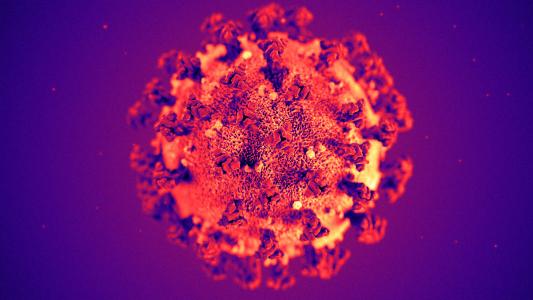Doctors in Italy are begging their colleagues around the globe to transition to more home-based care for coronavirus patients.
On March 21, a group of physicians at Papa Giovanni XXIII Hospital in Bergamo, Italy, published an article in the journal NEJM Catalyst.
In it, they detail the problems inherent in treating COVID-19 sufferers at hospitals — and how an increase in home-based care for coronavirus patients could alleviate them.
Home-Based Care for Coronavirus Patients
Papa Giovanni XXIII Hospital has just 48 intensive-care beds, but the relatively small city of Bergamo has been the epicenter of Italy’s coronavirus outbreak, with 4,305 confirmed cases.
“We are learning that hospitals might be the main COVID-19 carriers.”
Mirco Nacoti et al.
That’s led to a surge in patients at the hospital, which is now operating “far beyond the tipping point,” according to the authors of the article.
“Wait times for an intensive care bed are hours long,” they write in NEJM Catalyst. “Older patients are not being resuscitated and die alone without appropriate palliative care, while the family is notified over the phone, often by a well-intentioned, exhausted, and emotionally depleted physician with no prior contact.”
The authors say that the strain of the COVID-19 outbreak on hospital resources has made it near-impossible for them to deliver regular services, such as pregnancy care and child delivery.
Even if staff members could adequately treat every patient that walked through the hospital’s doors, though, the facility itself is making the coronavirus outbreak worse.
“(W)e are learning that hospitals might be the main COVID-19 carriers, as they are rapidly populated by infected patients, facilitating transmission to uninfected patients,” the doctors write. “Patients are transported by our regional system, which also contributes to spreading the disease as its ambulances and personnel rapidly become vectors.”
The Overwhelming COVID-19 Outbreak
Rather than continuing to treat so many COVID-19 sufferers at hospitals, the authors of the NEJM Catalyst article urge a global transition to more home-based care for coronavirus patients.
Medical facilities could deliver food and basic medical equipment, such as devices that measure blood oxygen levels, to the homes of people with mild coronavirus symptoms, they explain.
“This approach would limit hospitalization to a focused target of disease severity.”
Mirco Nacoti et al.
Doctors could then monitor patients’ progress remotely via telemedicine, conducting checkups through video chats.
If a patient’s condition worsens, they can be moved to a dedicated coronavirus medical facility staffed by people who only treat coronavirus patients, thereby further preventing the potential spread of the virus.
“This approach would limit hospitalization to a focused target of disease severity,” the authors write, “thereby decreasing contagion, protecting patients and healthcare workers, and minimizing consumption of protective equipment.”
Decentralizing Healthcare
The NEJM Catalyst article is meant to serve as a warning from Italy to the rest of the world: transition to home-based care for coronavirus patients if you want to avoid the problems we’re currently facing.
However, the idea of decentralizing healthcare — moving it out of hospitals and into homes and communities — isn’t new.
Past studies suggest that this approach can be less stressful for patients while also producing better health outcomes. It can be cheaper, more convenient, and give patients a greater sense of control over their healthcare than traditional medicine.
While a few health systems have adopted decentralized approaches to healthcare, the concept is still relatively fringe.
In light of the Italian doctors’ advice, however, medical systems across the globe might soon transition to more home-based care for coronavirus patients — and their experience with it could shape how all types of patients receive care long after the COVID-19 outbreak is contained.






